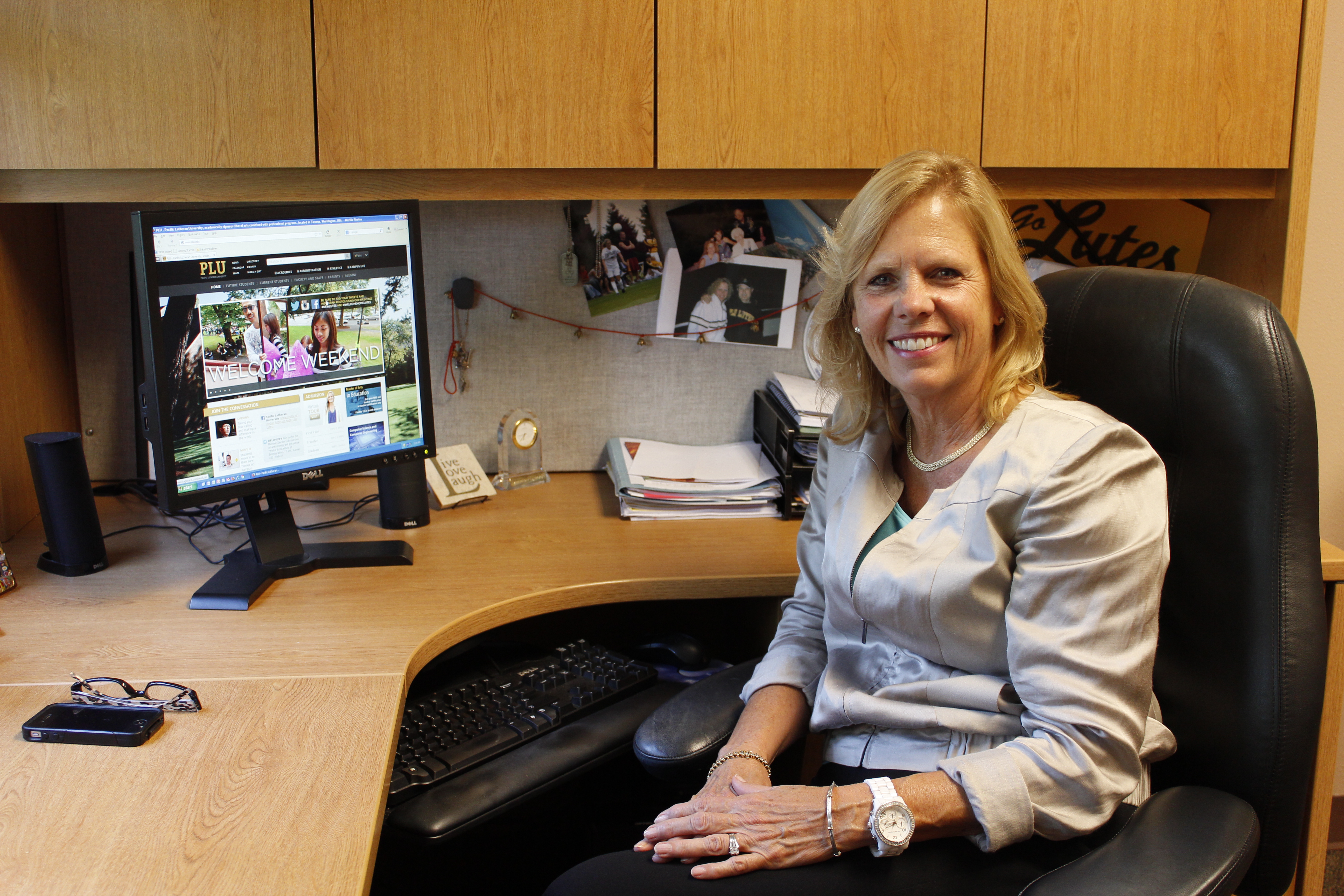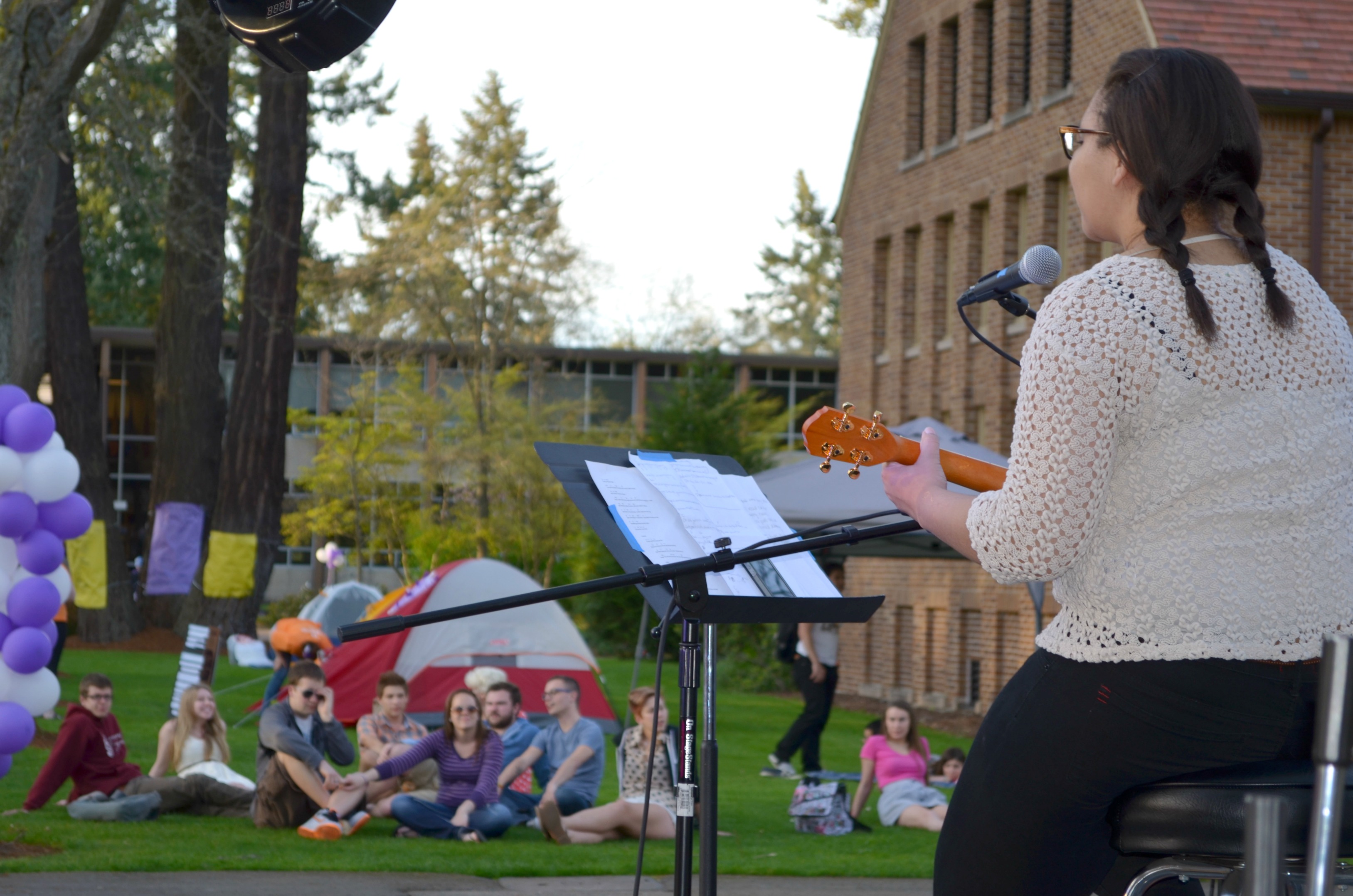By Samantha Lund
Pacific Lutheran University is known nationwide for being a leader in sustainability initiatives as well as having an excellent study away program. Now, students will be bringing the sustainability initiatives of PLU around the world with them.
The Wang Center and PLU earned a ninth-place ranking in “Leading Institutions by Undergraduate Participation in Study Abroad” and also made the top 40 for graduate programs, which is a first for PLU. Nearly 50% of students at PLU study away.
In PLU’s 2011 Greenhouse Gases Carbon Usage and Initiative Inventory Report, the school set a goal to reach a 100 percent reduction in air travel emissions by 2014 as a part of its goal to be completely carbon neutral. In 2007, PLU signed the American College and University Presidents Climate Commitment to be carbon neutral by 2020.
That goal is now becoming a reality with a new collaboration from the Wang Center and the Sustainability Committee.
Starting in fall 2014, students who study away during a full semester will be participating in the offsetting of the carbon emissions of their plane flights and travel.
A small amount of each student’s tuition from study away will be going to support programs around the world that are working to create sustainable living, thus giving back to the environment what was taken by the carbon emissions of their flights.
Each term, Sustainability and the Wang Center will choose a project and allocate the funds to support it. Current tuition will supply the funding money — students will not have to pay more money to study abroad.
Students who study abroad will also participate in an orientation to educate them about their carbon footprint while traveling and to influence them to be more sustainable. While students are home and studying away, U.S. Carbon education is a top priority for the program.
Students will learn that air travel emissions are much worse than cars or buses, because the carbon from air travel is put directly into the atmosphere. .
“In a flight across the country, each person could drive individually in cars instead and still not have as much carbon emissions as the plane flight.” Cooley said. Air travel accounts for 19 percent of PLU’s carbon emissions. This program would remove a considerable amount of PLU’s carbon footprint.
The coordinator of study away, Tanya Ulsted, and sustainability manager, Chrissy Cooley, headed the project. “The goal is to be educational and mission based,” Ulsted said. “One of the big questions now is what we will be contributing to first.”
Ulsted and Cooley have been working on the project for a couple of months now and said the details are not all figured out. The program has a lot of support, and the coordinators said they are confident it will be successful and completely effective by 2014.
The program will first take effect with the fall 2014 study away program. Though Cooley and Ulsted have not decided on the first sustainable project, they said they want the first project to be on campus to allow students to see how the program is helping the environment.
After the first year, Cooley and Ulsted said they hope to branch out and participate in projects around the world. Their goal is for students in the programs abroad to get the chance to start initiatives in different countries.
The new program has been supported by the Wang Center, the Sustainability Committee, Earth Deeds — a program promoting sustainable travel — and Second Nature, an advisory board for other schools attempting this.
“It’s really been a collaboration,” Ulsted said. “It would not have happened without that.”
PLU is one of the first schools to pilot this program.
Ulsted and Cooley said the next step is to get J-term study abroad students involved. Since J-term is an out-of-pocket expense, the price for students studying abroad might change. For now, only full semester programs will participate.
To learn more about the new initiative and to get involved, contact the Wang Center.


















